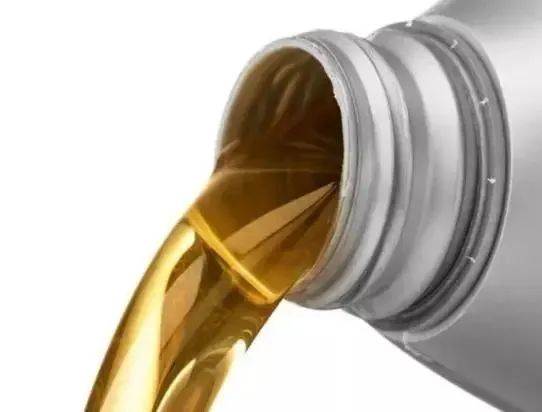It is easy to buy a car but difficult to maintain it. In addition to fueling, the most "painstaking and costly" thing for car owners is maintenance. Every time I have just finished the service from the 4S store, I hear the little sister at the front desk kindly say to you, "Remember to come for the service xxxx kilometers". Some considerate 4S stores will also put a reminder on the front windshield to remind you of the time and mileage of the next service.
Owners all know that oil change is an important part of vehicle maintenance, and it is very important for the driving and service life of the vehicle. The time to change the oil is also very important. Changing the oil too early is a waste of money. Changing the oil too late is not good for the car. How often should I change the oil?
Is "5000 km oil change" the standard answer?
When it comes to the oil change interval, perhaps many car owners will give the answer of "5000 km" oil change, which is also the answer given by many car maintenance stores. However, there are thousands of cars. Do all models have to follow this "standard answer"? Is this statement a trap?
First of all, you should carry out maintenance in strict accordance with your vehicle instructions. Only the instructions provided by the automobile manufacturer are the actual operation instructions for this type of vehicle. Take oil change for example. Some manufacturers recommend changing the engine oil every 5000 km, while others recommend changing the engine oil every 7000 km. These data are based on the model we buy.
If we listen to the "tradition" of changing the engine oil after 5000 km, rather than operating according to the manufacturer's recommended mileage, it is likely that there will be problems during the maintenance process, such as engine damage, and the last loser will be ourselves.
Secondly, the oil change interval is affected by many factors, not only the mileage, but also the type and quality of oil, driving habits, road conditions, seasons and the old and new degree of the car.
Generally speaking, the oil change cycle specified in the vehicle manual is the longest, and different situations should be considered in the actual use process.
Look at the driving situation

If your car is not used frequently, you can decide whether to replace it according to the service mileage and shelf life of the oil.
If you drive to work and are often stuck on the road, the situation is different.
In the city's congested road conditions, the car frequently stalls and starts, which brings great pressure to the engine oil. After the performance of the oil exceeds the critical value, the engine cannot be effectively protected. In this case, the replacement cycle should be shortened.
If the car owner has bad driving habits such as long-term hard acceleration and frequent hard braking, which will accelerate the wear of various parts in the car, the replacement cycle should be shortened on the premise of the oil mileage.
If you drive in dusty areas or low temperature areas for a long time, you should also shorten the oil change interval. Conversely, if the environment is clean and the air is clean, the oil change interval can be appropriately extended. In areas with poor road conditions, the oil change interval should also be shortened.
Look at the old and new cars

If it is a new car that has just been bought, the friction between its parts will increase, and the new engine will reach the lowest oil consumption value after running for a period of time. At this time, the oil is used quickly and the frequency of replacement is naturally high.
If it is an old car that has been driven for three or four years, the friction between the parts is small, and the lubricating effect of the oil is high. As long as the engine works normally and the service environment is good, the normal oil change interval is completely feasible.
Check the oil type

In terms of time, mineral oil generally begins to oxidize after being exposed to the air for about 3 months, and its function is reduced. Six months for semi-synthetic oil and one year for full-synthetic oil.
In terms of mileage, mineral oil generally begins to decay at 5000 km. Semi-synthetic oil is generally 7500 km, and full-synthetic oil is generally around 10000 km.
Therefore, specific problems still need to be analyzed in detail and cannot be generalized. If you still have questions about when to change the oil, you can buy the oil test paper, and the price is not expensive, so that you can more clearly and conveniently determine whether to change the oil!
Finally, selecting a high-quality lubricant is very important for your car. Galont T series full synthetic gasoline engine oil is a good choice with complete varieties and high quality
ADD:19/F, Block A, Fuma Building, Wangjing Guangshun North Street, Chaoyang District, Beijing
TEL:010-64759798
E-mail:galont@163.com

ADD:19/F, Block A, Fuma Building, Wangjing Guangshun North Street, Chaoyang District, Beijing
TEL:010-64759798
E-MAIL:galont@163.com